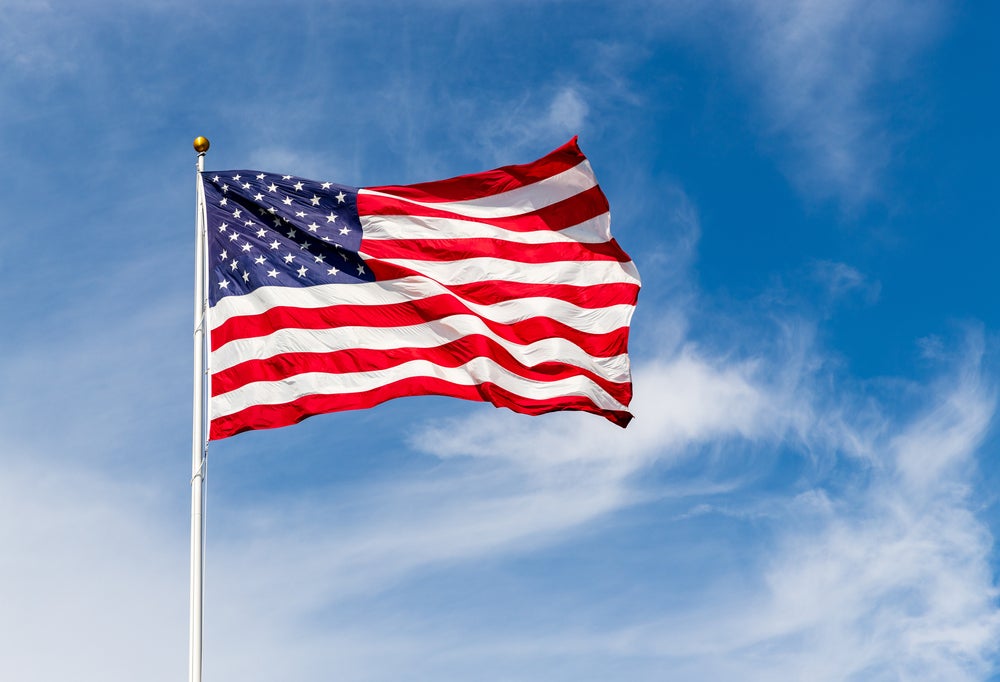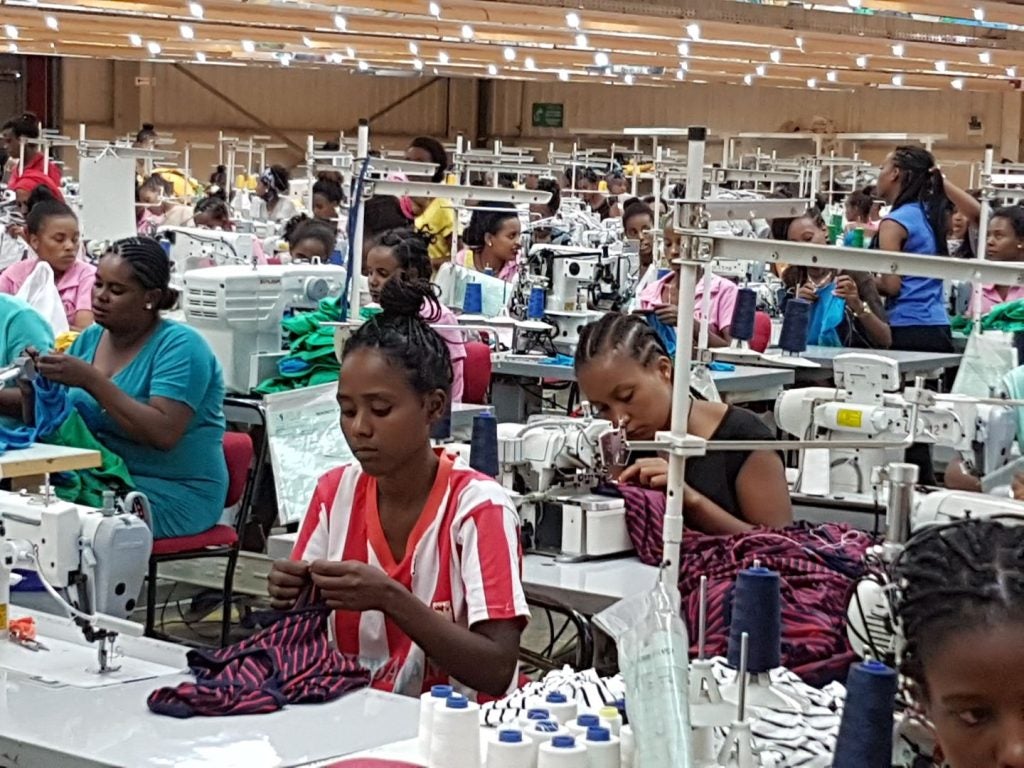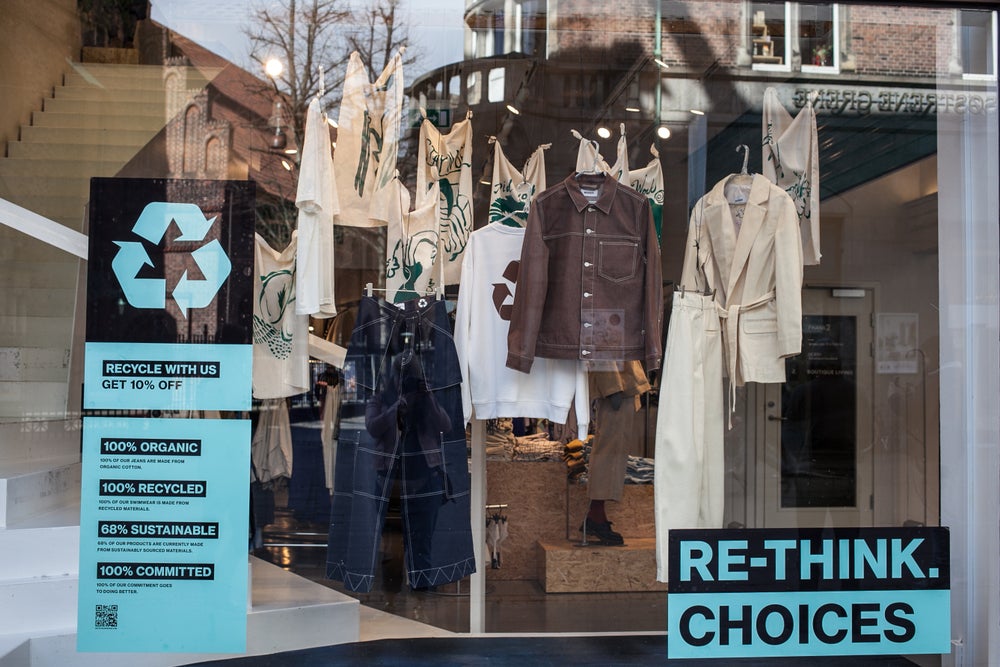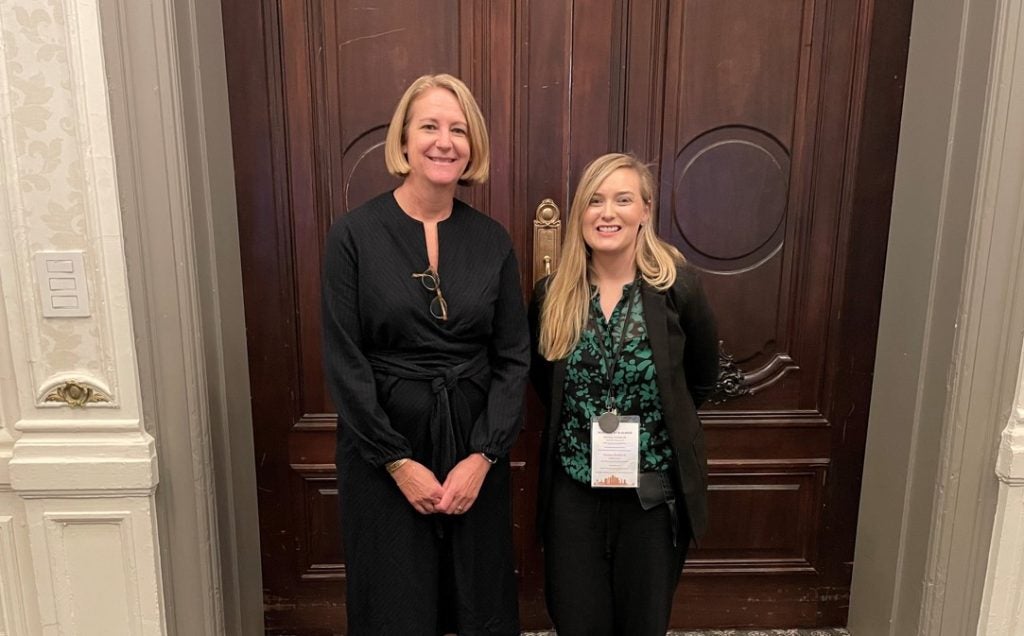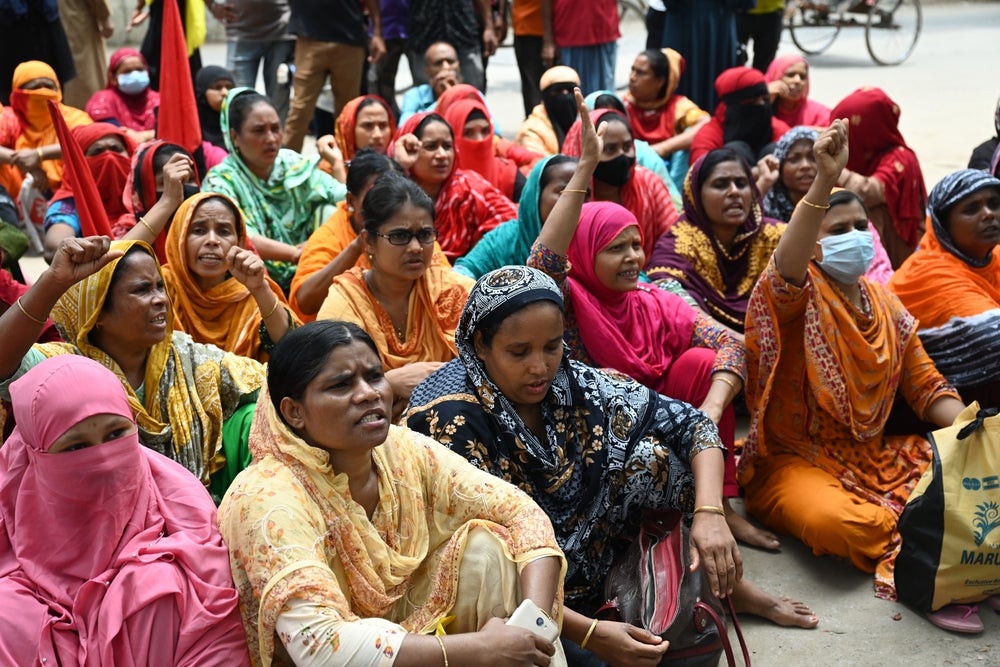After a turbulent few months in US politics the USFIA’s Washington council and partner at Barnes & Thornburg LLP David Spooner told delegates at the Apparel Importers Trade and Transportation Conference in New York the newly elected House Speaker Mike Johnson is “a relatively new” member of Congress elected to the position after three weeks of negotiations.
Speaker Johnson now faces the pending deadline of 17 November, by which point the US government could enter a shutdown unless the new Speaker can negotiate his proposal for temporary government funding.
Spooner reassured attendees that even in the event of a shutdown, trade representatives would continue to function, although at a “slimmed down capacity”, which would involve pausing any non-essential initiatives.
Ahead of the APEC summit in San Francisco, Spooner also noted recent progress on the Indo Pacific economic Framework for Prosperity, which launched in 2022. Unlike the Trans-Pacific Partnership, which the US withdrew from in 2017, this new initiative does not include any lowered tariffs.
In September, the parties involved in the new scheme released a draft text of the supply chain pillar, although Spooner noted that the announcement did not gather much press attention. He attributed this to focus on consultation and lack of enforceable commitments in the text. Spooner described the announcement as “kind of a nothing burger”.
Deputy Assistant Secretary for Textiles & Apparel at the US Department of Commerce, Jennifer Knight, said the "co-production" fashion supply chain is the new focus for the US with the CAFTA-DR region being well positioned to grow its fashion sourcing market share.
While discussing trade in the US, it was impossible to ignore the topic of China. In recent months, Spooner says there has been “a tonne of dialogue” on the topic.
Under the previous Trump administration, the US introduced a number of import tariffs on Chinese products, which still remain in place under the current Biden administration.
More than 1,000 plaintiffs, including some represented by Barnes & Thornburg, have joined a case filed against the US government, arguing the Section 301 tariffs on List 4A goods from China were wrongly imposed.
Earlier this year, the Court of International Trade ruled in favour of the government. Spooner said the case has now been passed on to the Court of Appeals for the Federal Circuit. The government is due to respond by 21 December. Spooner says he expects a court ruling in spring 2024.
The issue of forced labour in the Uyghur region of China was also mentioned. “It’s such a big issue for our industry,” Spooner said. He mentioned National Council of Textile Organisations CEO Kim Glas’ testimony at a congressional hearing, highlighting ways to close the so-called de minimis loophole.
In June, the House Select Committee on China wrote to the Post Office, asking for data on the use of customs de minimis as a way to gather further facts on its use.
Spooner says the United States Trade Representative has indicated that there may be new product exclusions coming in the next few weeks, although he said that these were likely to be “minor” in the scheme of things.
Secretary of commerce Gina Raimondo visited China at the end of August this year and Treasury secretary Janet Yellen spent two days meeting with Chinese vice premier He Lifeng in San Francisco last week.
President Xi Jinping is also expected to attend a summit in the city, and is due to meet with President Biden.
“This is dialogue to a degree that we haven’t seen,” Spooner said. And while he admitted that dialogue is always a good thing, he said that at one time these meetings would not have been considered significant.
“That shows you how well the relationship has fallen between the two countries,” Spooner said. “Whether all this dialogue will result in concrete policy changes, we’ll have to see.”


